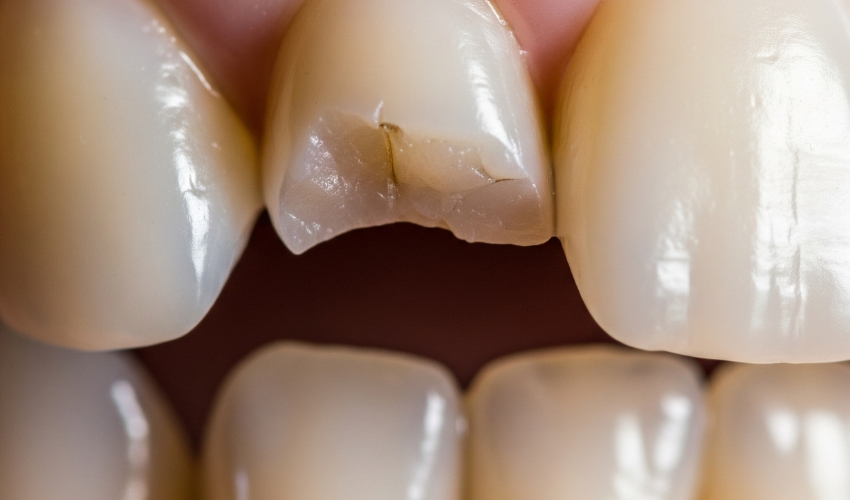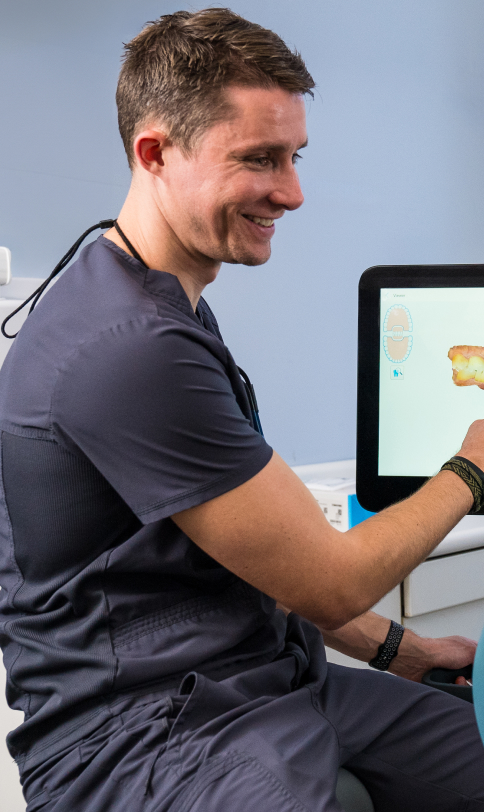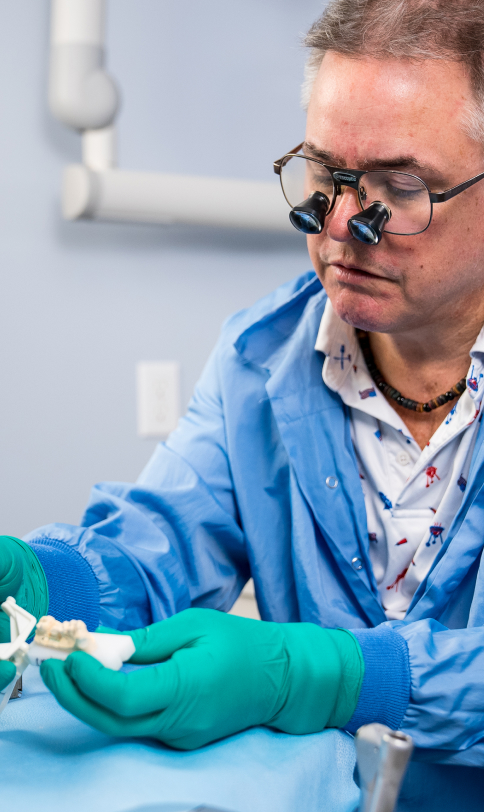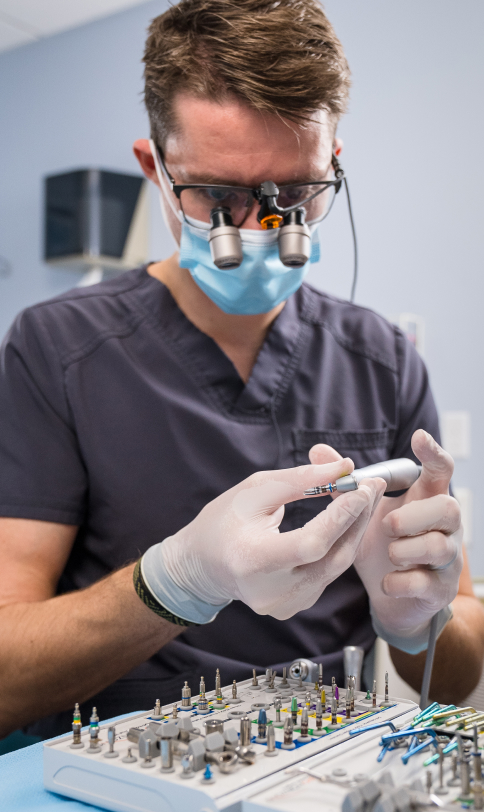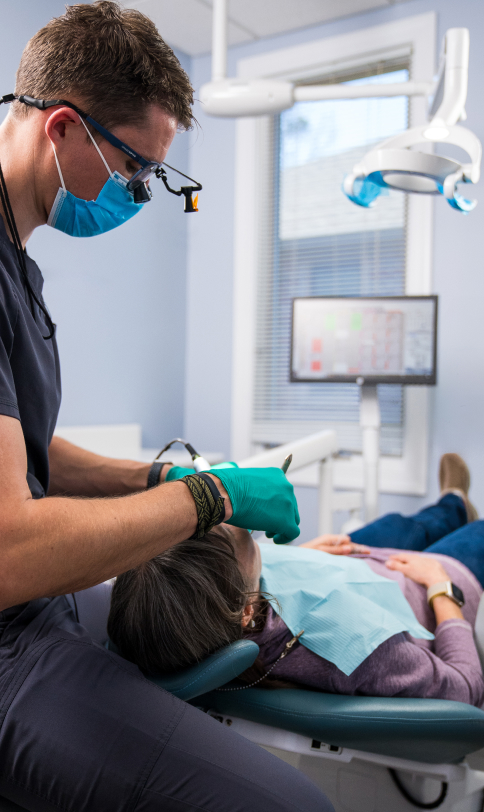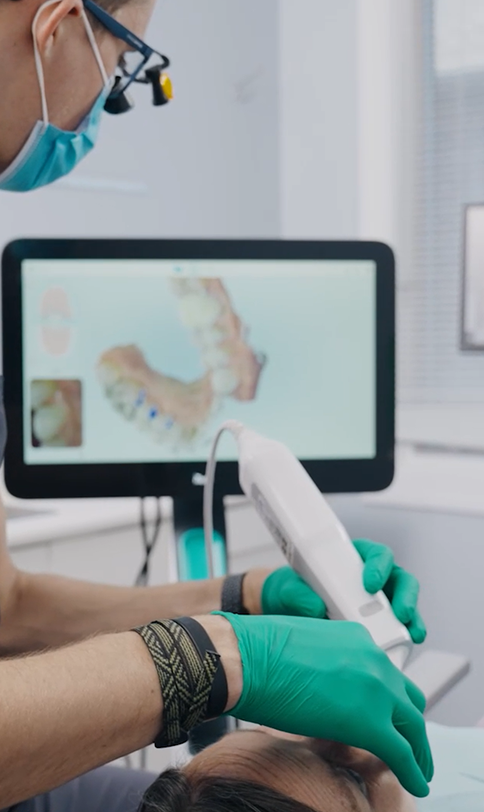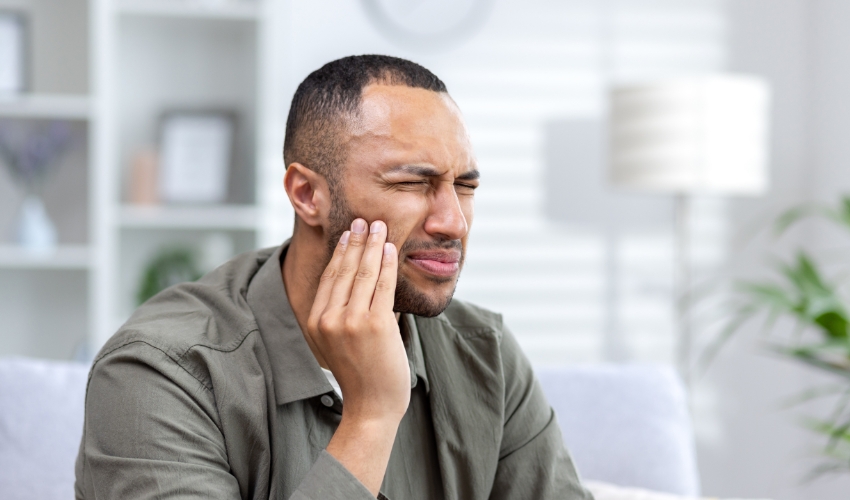
What to Do If You Experience a Dental Emergency Over Thanksgiving ?
By Legacy Dental
The holiday season is a time for gathering with family, enjoying delicious meals, and creating lasting memories. But a dental emergency can quickly derail your plans and add unnecessary stress to the festivities. Whether it’s a sudden toothache, a chipped tooth from an unexpected accident, or even a loose filling, dental issues can be frustrating, especially when most dental offices are closed. Knowing what steps to take in case of a dental emergency can help you manage the situation and keep your Thanksgiving stress-free. Here’s a helpful guide on how to handle a dental emergency during the holidays.
What is a Dental Emergency?
A dental emergency refers to any situation that requires immediate attention to prevent further harm or alleviate severe pain. These issues can range from a knocked-out tooth to a tooth abscess and often need prompt care to prevent complications. In many cases, if left untreated, these problems can lead to more severe pain or long-term damage. Below are some common examples of dental emergencies:
- Severe tooth pain – Persistent, sharp pain could signal an infection or tooth decay.
- Knocked-out teeth – This can happen during physical activities or accidents.
- Chipped or broken teeth – Sometimes, eating or biting on hard objects can cause fractures.
- Loose or lost fillings – If a filling comes out, it can expose your tooth to further damage or infection.
- Abscesses or swollen gums – A swollen area in the mouth could indicate an infection that requires attention.
How to Handle a Dental Emergency During Thanksgiving?
If you experience a dental emergency over the Thanksgiving holiday, it’s important to act quickly and calmly. Follow these steps to manage your situation effectively.
- Assess the Situation: Determine the severity of the problem. Is it a mild discomfort or sharp pain that worsens over time? Are there visible injuries, such as a broken or missing tooth? Knowing the severity will help you decide the next steps.
- Control the Pain: If you’re in pain, over-the-counter pain relievers like ibuprofen can help manage discomfort. Avoid placing aspirin directly on the affected area, as it may cause further irritation.
- Manage Bleeding: If your dental emergency involves bleeding (such as from a knocked-out tooth), use a clean cloth or gauze to apply pressure to the area. Keeping the pressure on can help stop the bleeding.
- Preserve Any Lost Teeth: If a tooth is knocked out, try to preserve it by holding it by the crown (not the root). Rinse it gently with water, but avoid scrubbing. If possible, try placing it back in the socket. If this isn’t possible, store the tooth in a container of milk until you can reach a dentist.
- Contact an Emergency Dentist: Many dentists offer emergency services, especially during the holiday season. Find an emergency dentist in Cary who is available outside of regular hours. If you can’t find one, visit an urgent care center or the emergency room for assistance.
When to Seek Professional Help?
While some dental issues can be managed at home, others require immediate professional attention. If you experience any of the following, you should seek medical help right away:
- Severe pain that doesn’t subside with over-the-counter medication.
- A knocked-out tooth that you can’t reinsert or preserve properly.
- Signs of an infection such as swelling, fever, or pus coming from the gums.
- Excessive bleeding that doesn’t stop with pressure.
A professional will be able to assess the damage and recommend the best course of action, which may include a root canal, filling replacement, or other treatments to restore your smile and ease your pain.
Preventing Dental Emergencies
Although some accidents are unavoidable, you can take steps to prevent dental emergencies from occurring in the first place. Here are a few tips to reduce your risk:
- Wear protective gear: If you’re engaging in physical activities, sports, or even roughhousing, wear a mouthguard to protect your teeth from injury.
- Avoid hard foods: Be mindful of what you’re eating. Hard foods like nuts, ice, or popcorn kernels can cause cracked teeth or loosen fillings.
- Practice good oral hygiene: Brushing and flossing regularly can prevent tooth decay and other issues that may lead to dental emergencies.
How to Stay Pain-Free and Stress-Free This Thanksgiving?
No one wants to deal with a dental emergency during the holidays. However, being prepared can help you stay calm and in control if one arises. Remember to stay mindful of any symptoms, act quickly to manage the situation, and don’t hesitate to contact an emergency dentist for assistance.
Taking care of your dental health before the holiday season will also go a long way in preventing problems. Keeping up with routine checkups ensures your teeth stay in great shape, minimizing the risk of unexpected dental issues.
This Thanksgiving, stay thankful for a pain-free holiday and keep your smile healthy and bright.



